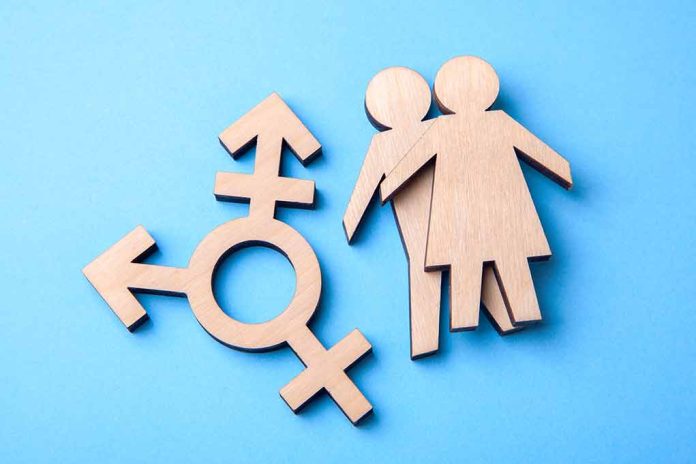
J.K. Rowling, renowned author of the Harry Potter series, continues to stir heated debates over her views on transgender issues and feminism.
At a Glance
- Rowling’s comments on the transgender community have sparked significant controversy since June 2020.
- Her views emphasize biological sex in understanding women’s rights.
- Critics accuse her of fostering harmful stereotypes, while supporters view her stance as a defense of women’s rights.
- The debate underscores the complexities and tensions in societal discussions on gender identity.
Backlash and Initial Comments
In June 2020, J.K. Rowling faced backlash for her comments on transgender issues, initiating a widespread debate over her views and their implications. The controversy began with her retweet questioning the use of the term “people who menstruate” instead of “women.” She further elaborated on her perspective, underscoring the significance of biological sex in understanding women’s experiences, a stance that stirred strong reactions from both supporters and critics.
Rowling’s defense of feminist Maya Forstater, who lost her job over transphobic tweets, added fuel to the fire. Her views have been criticized by fans and actors, including Daniel Radcliffe, Emma Watson, and Eddie Redmayne, who voiced support for the trans community. The controversy surrounding Rowling has sparked broader discussions on gender identity and trans rights, highlighting the ongoing tensions in societal discourse.
Literary Works and Wider Impact
The release of Rowling’s book “Troubled Blood,” featuring a cis male serial killer using a female disguise, added to the controversy, with critics arguing the book perpetuated harmful stereotypes about trans individuals. Despite this, J.K. Rowling has remained steadfast in her views, framing them as a necessary defense of women’s rights amidst increasing societal divides over gender identity. Her outspoken nature continues to underscore the complexities involved in discussing gender and feminism, especially for public figures.
“The trans activist outrage that ensues on here whenever I share my belief that jailed women shouldn’t be used as validation tools or emotional support props for trans-identified male sex offenders is as revealing as it’s predictable,” Rowling said.
Rowling’s critics argue her stances could harm the transgender community, while supporters emphasize the recognition of biological sex. The ongoing discourse showcases the intricate balance between free speech and societal impact, with Rowling’s prominence adding layers to the dialogue around gender identity and feminism.
Rowling’s Criticisms and Support
Rowling has been vocal about her criticism of particular terminology and practices surrounding gender identity. She mocked the term “Birthing Parent Day” and expressed concerns over defining women purely by reproductive organs. Furthermore, she criticized British Prime Minister Keir Starmer for his stance on transgender individuals in female spaces, arguing it compromises women’s safety and that crimes should be attributed based on biological sex for accurate crime statistics.
“So, to clarify, a transgender woman with a penis would have to use the men’s bathroom? FFS, is there a Labour embargo on the words ‘yes’ and ‘no’? This isn’t complicated. Just tell us whether you believe women have the right to single sex spaces,” Rowling said.
Despite facing considerable backlash and concerns from her own family about safety, Rowling remains unwavering in her defense of women’s rights. The debate surrounding her views illustrates the complexities involved when public figures engage in contentious societal issues, bridging intersections between gender identity and feminism.


